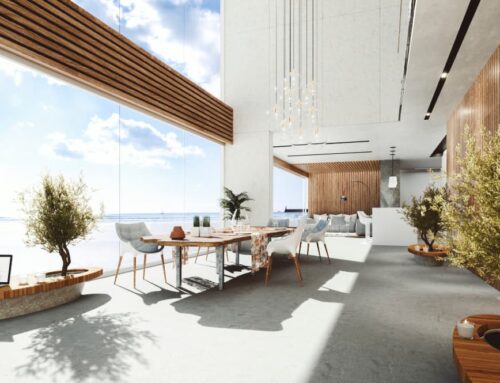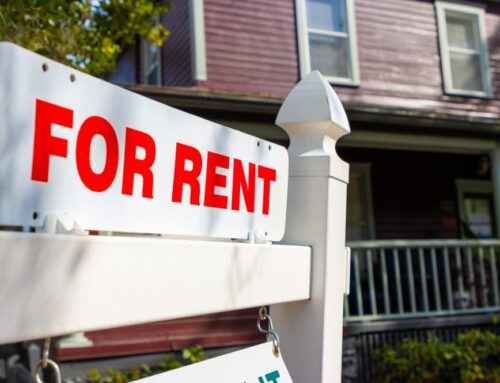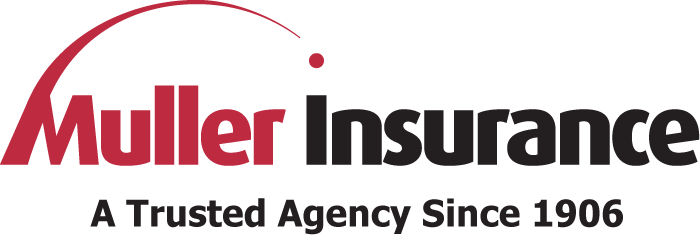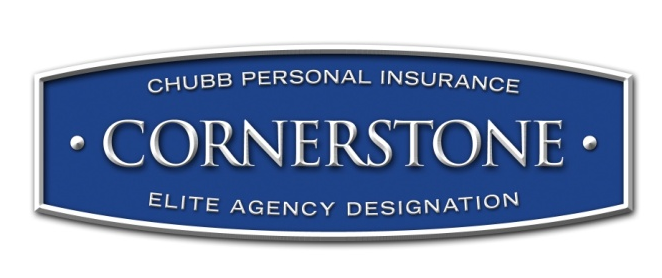Although rental property insurance shares similarities with other forms of insurance, there are some protections you will only receive with a rental property policy. Landlords need to know what makes their coverage needs distinct from that of homeowners and renters, as well as the differences between residential and mixed-use building policies. Here, Muller Insurance explores how rental property insurance compares with other forms of property insurance.
Rental Property vs. Homeowner’s Insurance
Insurance for landlords and homeowners both protect your property against issues like fires, inclement weather, theft, and vandalism, but landlords can lose vital coverage if they choose a homeowner’s policy. For example, homeowner’s insurance will not cover the loss of rental income if the property is damaged, which can leave you with economic trouble. At Muller Insurance, we provide a residential building policy that covers accidental and deliberate damage, as well as loss of rental income caused by considerable damage so your property is both physically and financially protected.
Like homeowners, rental property owners also face liability in case visitors are injured on the property and have to fund legal costs or medical expenses. This coverage is particularly relevant for landlords, as the amount of visitors an apartment building sees is significantly higher than a home sees. That’s why our residential policy also covers liability for issues that happen in common areas of the property and water damage caused by clogged or backed-up sewer drains to protect against injuries from accidents.
Rental Property vs. Renter’s Insurance
In addition to their own insurance coverage, rental property owners should know what coverage tenants are entitled to. The differences are not vast, but you should know that rental property owners cannot get coverage for possessions unless they are renting out space in their homes. Instead, the renter’s insurance covers their possessions against most damages. Additionally, when it comes to loss of use, tenants are only covered if the damage keeps them from living in their apartments, whereas landlords are protected if the damage prevents them from renting out property.
Rental Property vs. Mixed-Use Property Insurance
Insurance for landlords can be different depending on the type of building you own, as is the case with mixed-used residential and retail buildings. Coverage for mixed-use buildings insures your property against the same damages apartment buildings can face, with additional protection for resources retailers need to sustain their businesses. For example, our mixed-use property policy covers damage or loss of merchandise and signage, as well as broken mechanical equipment.
Like apartment buildings, mixed-use buildings also need liability coverage. This insurance can be especially important for retail property, as it is regularly occupied by customers. That’s why Muller Insurance also provides retail liability to mixed-use property owners in case customers or clients are injured on the property. Building codes can also be a source of liability issues for mixed-use property landlords, as they may result in repair and adjustment expenses to comply with the codes or legal services if you need to defend against noncompliance. Our mixed-use property policy will also protect your property against these costs for greater assurance.
Make the Right Choice with Muller Insurance
Although rental property insurance is complex, understanding the distinct coverage it offers is crucial to ensure your property is protected. As no two rental properties have the same needs, Muller Insurance works with over 20 leading insurance companies to find the right rental insurance policies for properties of all capacities and sizes throughout New Jersey, New York, Connecticut, Pennsylvania, Nevada, and other states. Contact us today for more information about these policies or to request a quote.








